tell me about fruit trees (Boston area)
leira
14 years ago
Related Stories
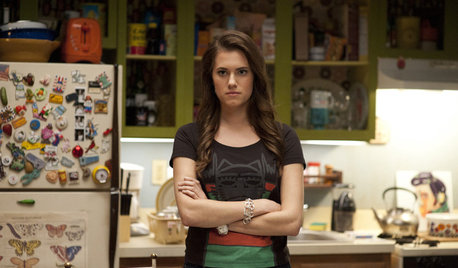
KITCHEN DESIGNHouzz Call: Tell Us About Your First Kitchen
Great or godforsaken? Ragtag or refined? We want to hear about your younger self’s cooking space
Full Story
FUN HOUZZHouzz Call: Tell Us About Your Dream House
Let your home fantasy loose — the sky's the limit, and we want to hear all about it
Full Story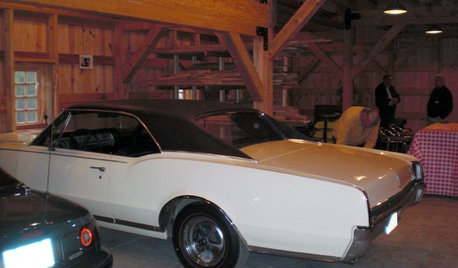
FEEL-GOOD HOMEGuys Tell Us About Their Favorite Places at Home
For Father’s Day, Houzz men show us the places in their homes where they like to hang out
Full Story
EDIBLE GARDENSHow to Grow 10 Favorite Fruit Trees at Home
Plant a mini orchard in fall, winter or early spring to enjoy fresh-off-the-tree fruit the following year
Full Story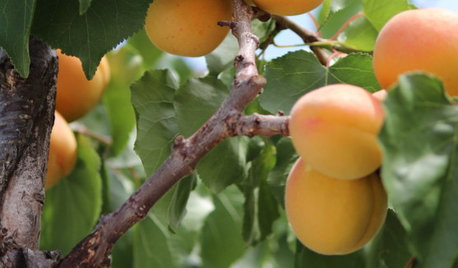
FARM YOUR YARDIf You Have Room for Only One Fruit Tree ...
Juice up a small garden with one of these easier-care or worth-the-effort fruit trees for a mild climate
Full Story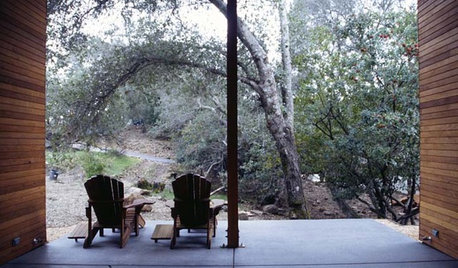
ARCHITECTURETell a Story With Design for a More Meaningful Home
Go beyond a home's bones to find the narrative at its heart, for a more rewarding experience
Full Story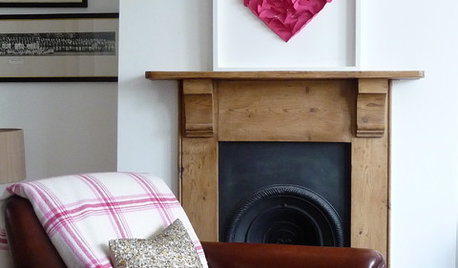
VALENTINE’S DAYTell Us: Why Did You Fall in Love With Your House?
What was it about your house that made your heart flutter? Share your photo, and it could make the Houzz homepage
Full Story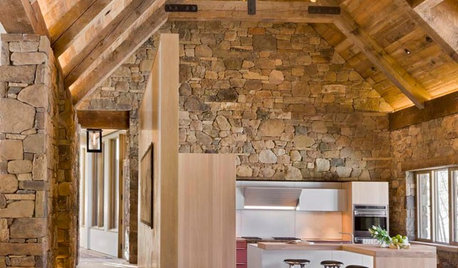
ARCHITECTUREDesign Workshop: Materials That Tell a Story
See how wood, concrete and stone convey ideas about history, personal taste and much more
Full Story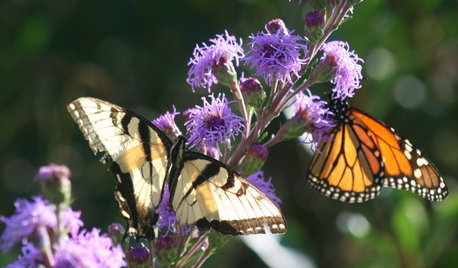
FALL GARDENINGWhat Monarch Butterflies Taught Me About Garden Design
Thinking like a butterfly leads to fresh perspectives in the garden and in life
Full Story
MOST POPULARHow to Get Rid of Those Pesky Summer Fruit Flies
Learn what fruit flies are, how to prevent them and how to get rid of them in your home
Full StoryMore Discussions






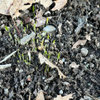
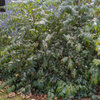
plympton_ma
tree_oracle
Related Professionals
Belmont Landscape Contractors · Chelmsford Landscape Contractors · Conroe Landscape Contractors · El Sobrante Landscape Contractors · Galveston Landscape Contractors · Newnan Landscape Contractors · North Canton Landscape Contractors · Rockwall Landscape Contractors · Saint Paul Landscape Contractors · Tewksbury Landscape Contractors · Waldorf Landscape Contractors · West Palm Beach Landscape Contractors · Baltimore Decks, Patios & Outdoor Enclosures · Hot Springs Village Decks, Patios & Outdoor Enclosures · Westminster Decks, Patios & Outdoor Enclosuresprairiemoon2 z6b MA
adrock430
leiraOriginal Author
oldangelmidnight
tree_oracle
claireplymouth z6b coastal MA
adrock430